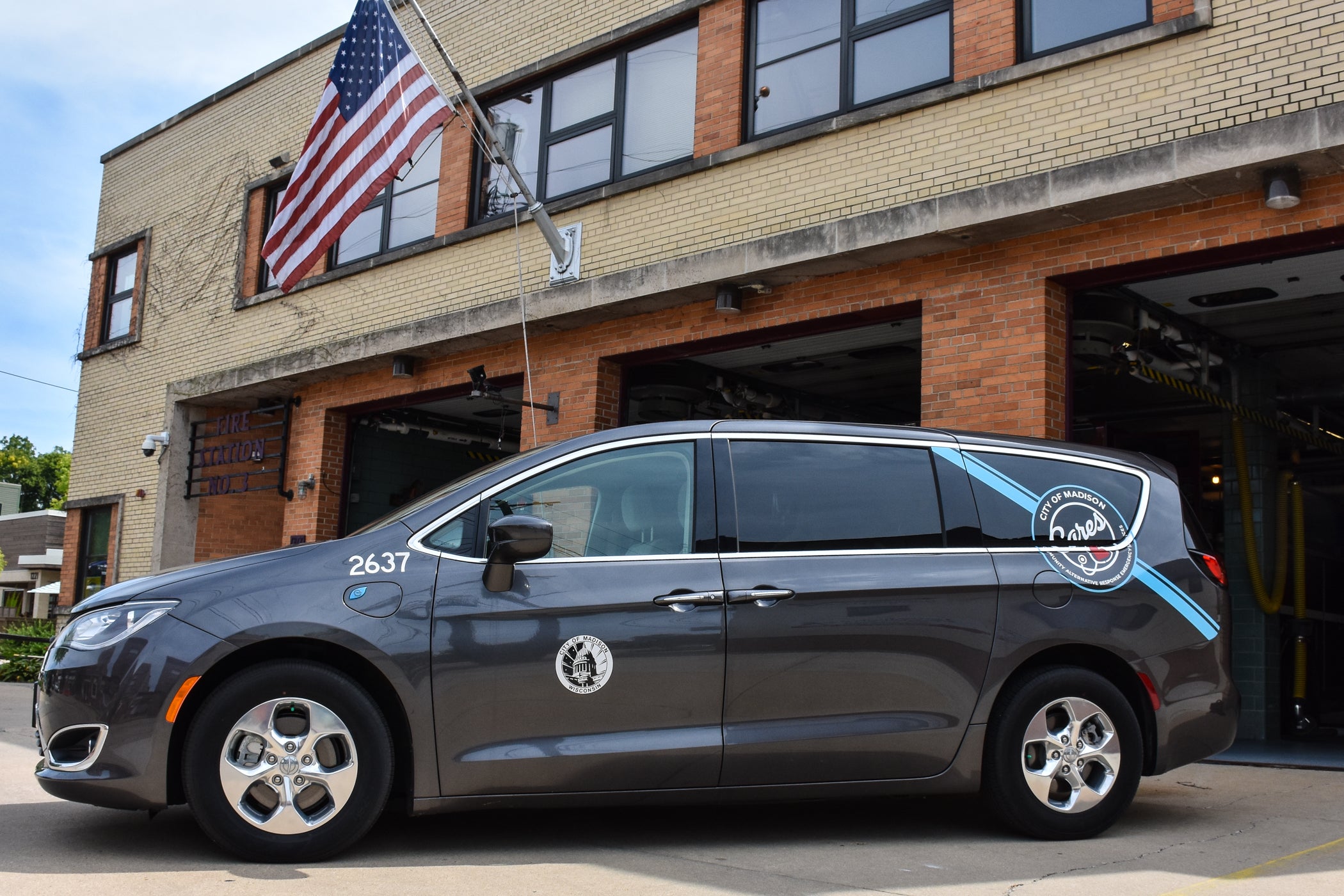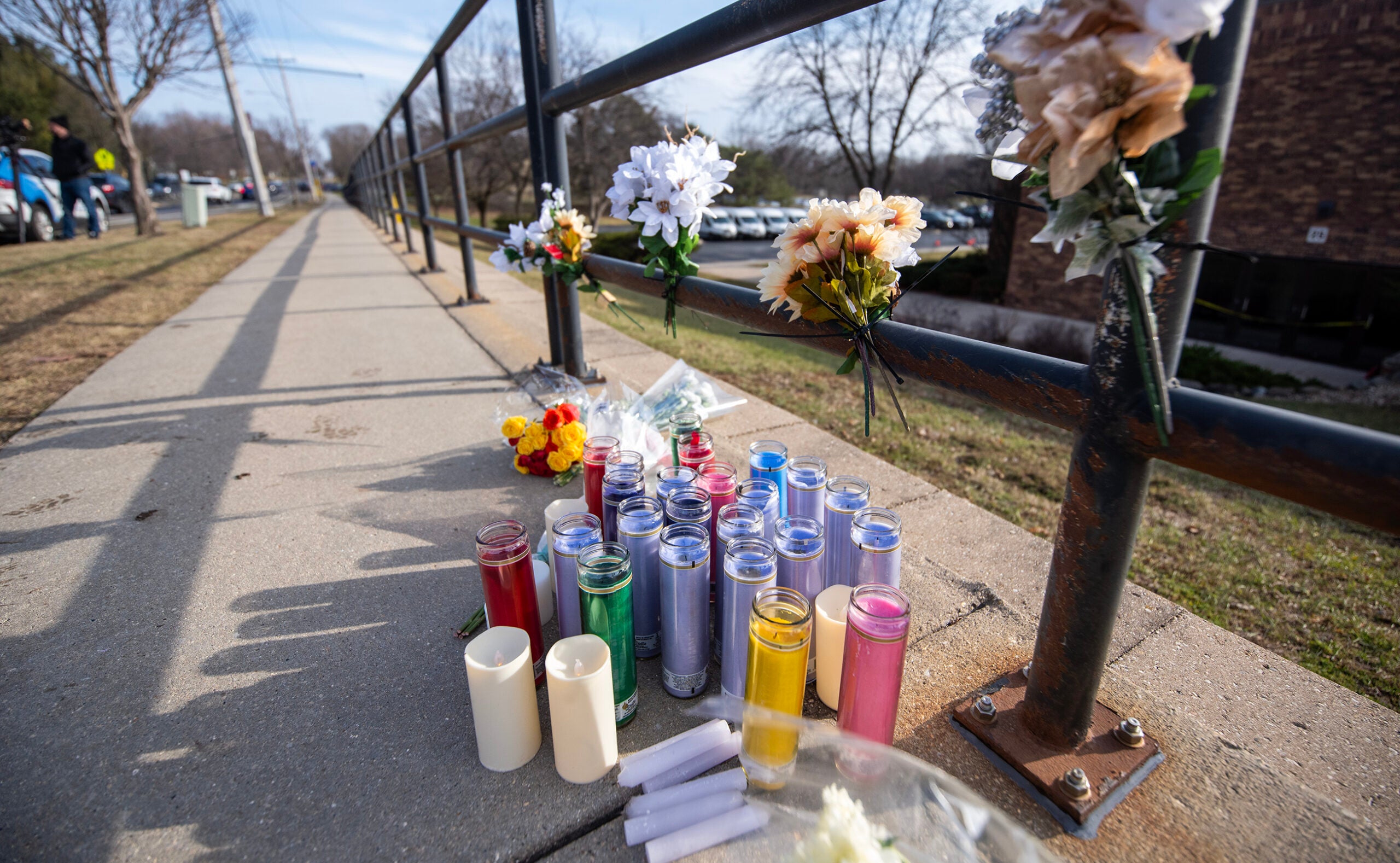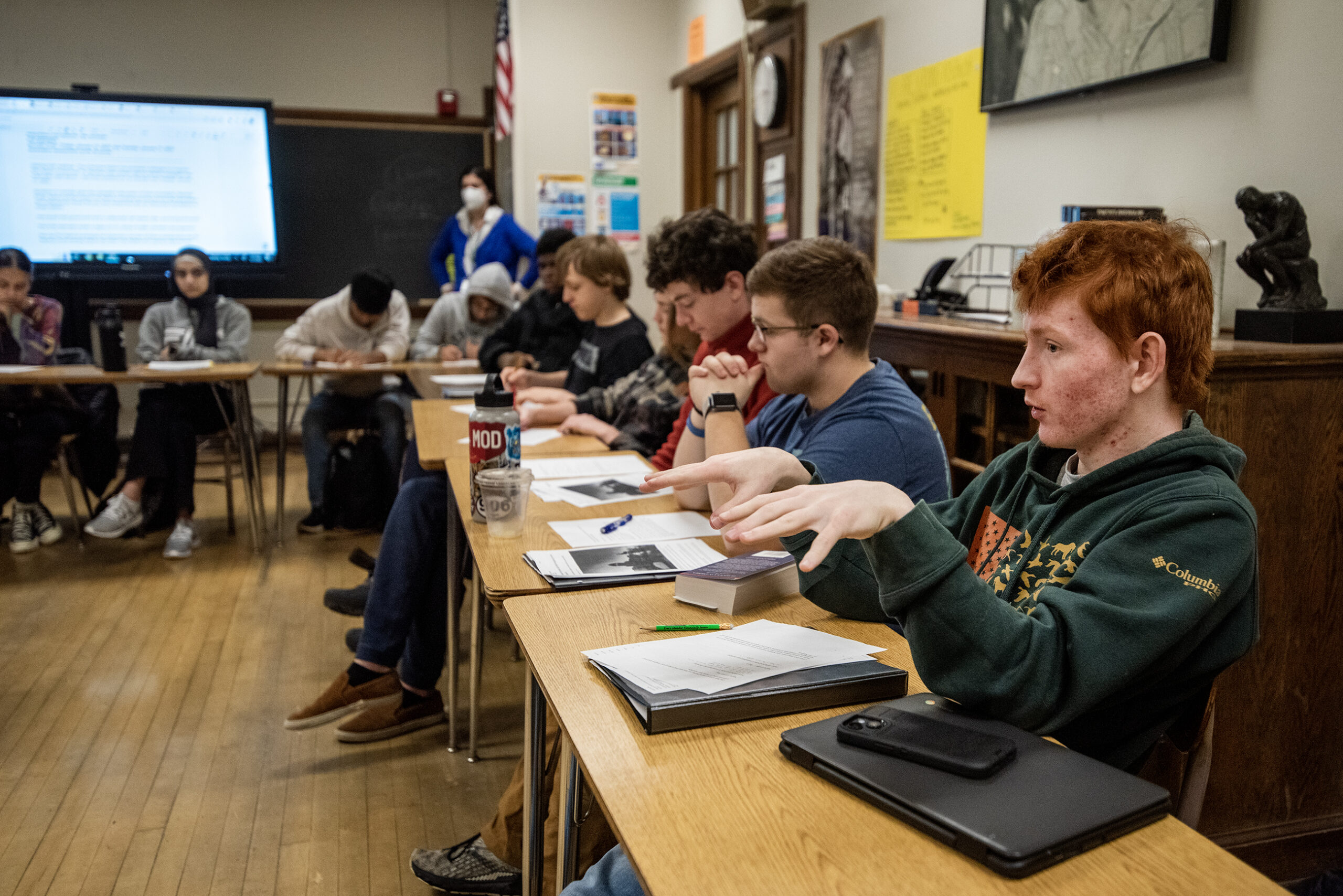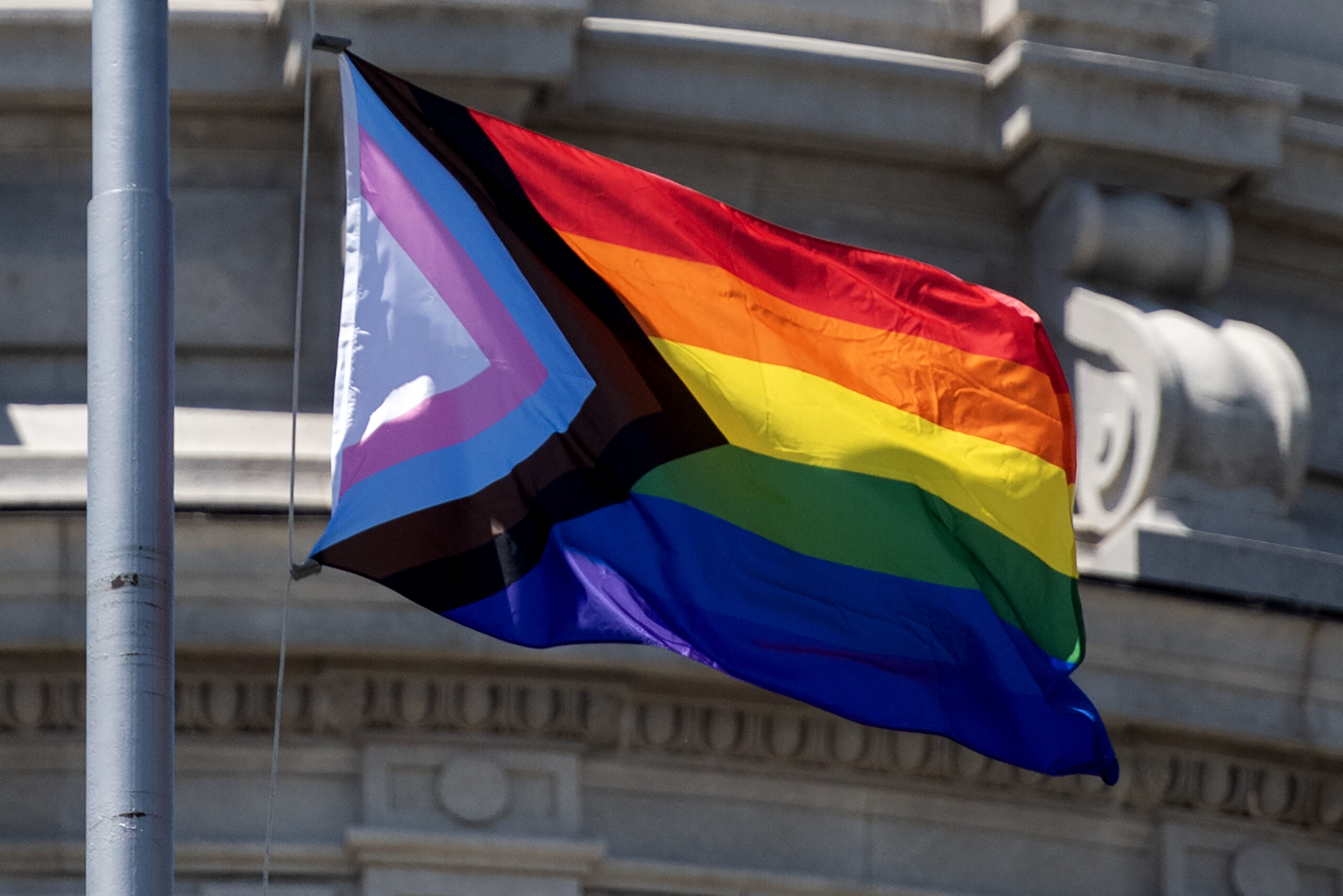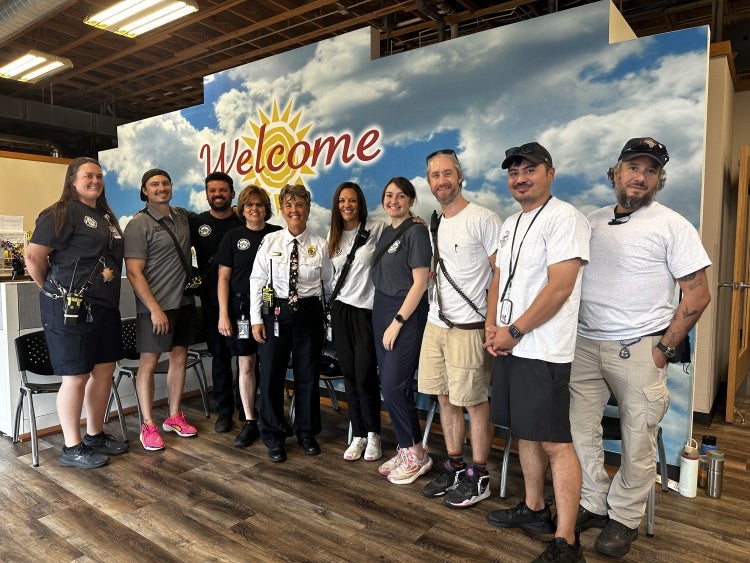Starting Sept. 1, Madison will change how it responds to some mental health emergencies in the downtown and campus area, where city officials say most of the crisis calls originate.
Paramedics from the Madison Fire Department will team up with staff members from Journey Mental Health to provide help when people call 911.
The new service, which will cost the city roughly a half million dollars annually, is called the Community Alternative Response Emergency Services — or CARES — team and will operate in the central district from 11 a.m. to 7 p.m.
News with a little more humanity
WPR’s “Wisconsin Today” newsletter keeps you connected to the state you love without feeling overwhelmed. No paywall. No agenda. No corporate filter.
The fire department will oversee the program, but paramedics assisting in behavioral health incidents will not be in their regular uniform and will arrive in a minivan with a CARES logo. CARES team members will carry credentials.
Madison already has a mental health unit with the Madison Police Department that is designed to provide a compassionate police response to individuals and divert them away from the criminal justice system whenever possible.
The additional resources are a response to a larger volume of mental health incidents, and come amid increased scrutiny of police use of force nationwide.
District 11 Alder and Common Council Vice-President Arvina Martin helped spearhead the creation of the CARES team. She said she hesitated to call police when a friend was undergoing a mental health crisis that was compounded by alcohol.
“And not knowing if calling the police would make the situation better or worse,” she said. “I’m really glad to know that as of Sept. 1 people can feel confident calling for help for their loved ones.”
The situation was resolved when her friend was taken to detox by police.
Martin appeared at a downtown Madison Fire Station press conference Thursday along with the city’s mayor, police chief and others involved in public safety.
Police departments around the country have been coming up with alternative programs to respond to non-violent crisis calls. The Madison program is modeled after ones in Denver and Portland, Oregon.
In Wisconsin, police departments in Superior, Janesville and Eau Claire are among those who are hiring or already working with mental health professionals to better connect those in crisis to resources.
Lita Prorok is a licensed counselor who just started working with the Eau Claire Police Department in July.
“So far, what I’ve responded to has been a combination of mental health crises, those with substance use disorders and those who are suicidal,” she told WPR.
Prorok said the department is keeping an open mind about what calls they may get in the future and hopes to tailor its response according to the needs of the individual and the community.
The number of police departments in the state with mental health units isn’t known, said Wisconsin Professional Police Association Executive Director Jim Palmer, who added it’s not clear if these efforts to divert police calls to behavioral health specialists follow the same model.
Last fall, the association proposed A Blueprint for Change measure crafted after the murder of George Floyd in Minneapolis while in police custody. That proposal was included in the recommendations issued by the association’s Task Force on Racial Disparities earlier this year. It calls for the state to support pilot programs to help foster crisis response advancements and innovations.
There is also a pending bill that would expand a state grant program to bolster law enforcement response to mental health crises.
Wisconsin Public Radio, © Copyright 2025, Board of Regents of the University of Wisconsin System and Wisconsin Educational Communications Board.

